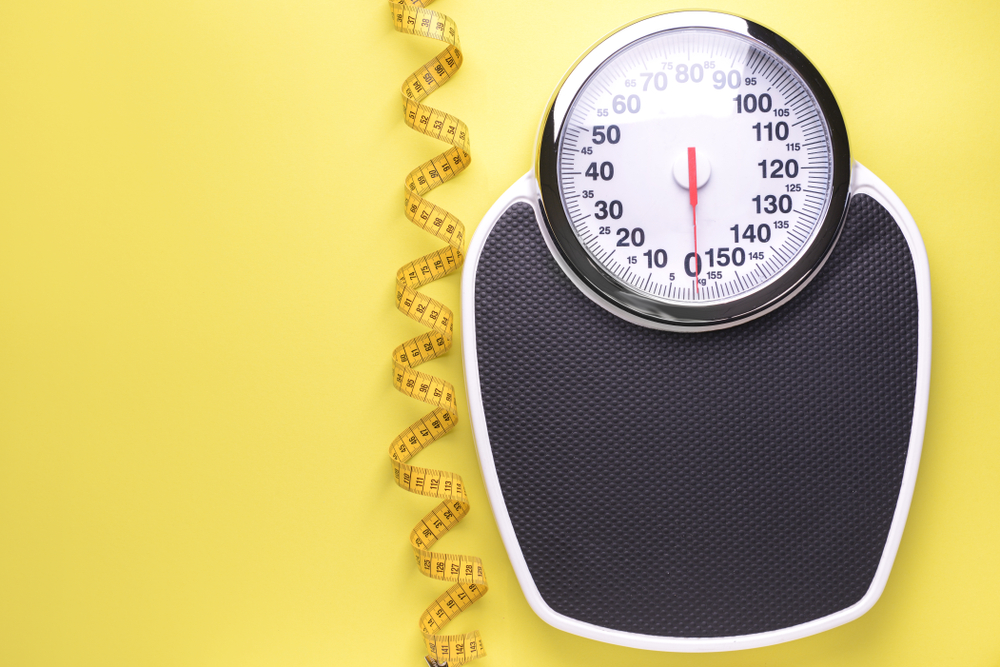The key to achieving your goals, whether it's to stay slim or build muscle mass, is regular physical activity, but also a good diet.
The food diary is a good tool to get an overall picture of your lifestyle and eating habits, to become aware of your dietary tendencies and the aspects that need to be corrected to achieve your goals.
Why keep a food diary?
Whether you want to lose weight or gain mass, keeping a food diary allows you to compare your diet with the one that should allow you to reach your physical goal.
For weight loss
One of the risks of trying to lose weight is to reduce your food intake to the point of being below your basal metabolic rate.
If the body does not have enough energy to carry out its vital functions, it goes into energy saving mode. It therefore seeks to protect your organs and thus limits the burning of fat and degrades muscle proteins to ensure the functioning of vital organs.
Thus, the body continues to store fat, preventing weight loss. In addition to not achieving your weight loss goal, the decrease in basal metabolic rate may cause you to regain the weight lost through overeating because your body will store it more easily.
It is therefore important to keep a food diary to ensure that you consume enough calories, mainly through protein and good fat intake, to avoid this energy-saving mode.
For muscle growth
Too low a caloric intake is often the reason why a sportsman or woman cannot build up muscle mass, in addition to appropriate training. This must be higher than the basic metabolism in order to allow the body to store the proteins necessary for muscle development.
Keeping a food diary will help you to determine whether you are consuming enough calories, especially protein and carbohydrates, which are involved in the muscle growth process.
Some tips for designing a food diary
Structure of a food diary
A food diary should answer the following questions:
- What foods are on my plate?
- At what times do I eat?
- How many meals do I eat per day?
- What is the total calorie intake per day ?
But other elements can be added in this diary, such as the feeling of hunger, food preferences (why did I choose this food rather than another?), satiety and possible excesses as well as the reason for them (boredom, great hunger, frustration. . . ).
It is also possible, in addition to the information on food, to add indications on physical activity day after day. This will give a trend of which meal and exercise combinations are working well or need to be adjusted.
The form of your diary is up to you, but it is best to make a chart in a notebook or on a computer.
How to start?
For 7 consecutive days, scrupulously note down in your food diary all your food intake. Don't cheat, be honest with yourself by keeping a strict record of all the food you ate, including snacks and drinks.
For each food item, note the portion size you ate. It is strongly recommended that you use a kitchen scale to weigh all the food you have eaten in order to establish an accurate record of your eating habits.
Everyone has different notions of "a little" or "a lot" and you may tend to minimise portion sizes, which will distort your initial calculations and slow down your progress considerably.
How to interpret a food diary? What are the advantages?
In addition to an application such as MyFitnessPal, you will be able to calculate the calories you eat daily and compare the figure obtained with the one you should reach to obtain your objectives. This will allow you to correct your calorie intake and macronutrient distribution if necessary.
On the other hand, keeping a food diary allows you to reflect on your diet and to identify potential errors, particularly with regard to your eating habits.
Moreover, this tool allows you to become aware of your progress and evolution. Indeed, it is difficult to keep track of one's food intake over several consecutive weeks. By keeping a food diary, it allows you to remember the eating habits of the last few weeks and to observe the changes that have allowed you to reach your objectives.
Bibliographie
- Brownell KD, Greenwood MRC, Stellar E, Shrager EE. The effects of repeated cycles of weight loss and regain in rats. Physiology & Behavior1986;38:459–464.
- Tipton KD, Phillips SM. Dietary Protein for Muscle Hypertrophy. 2013 doi:10. 1159/000350259.








